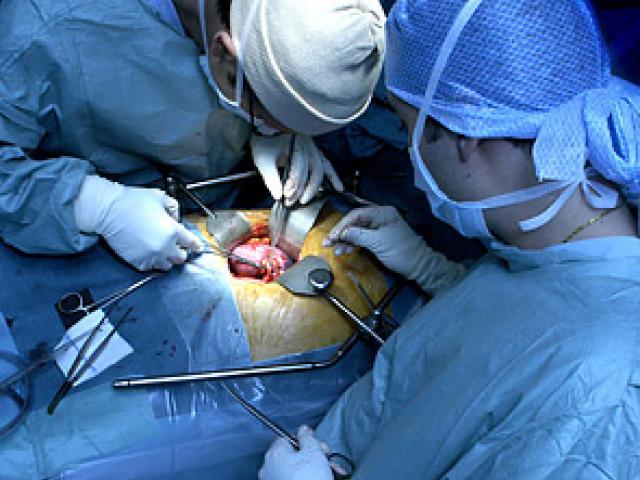
Proposed law on organ transplants is long awaited and its success will depend on executive bodies
Press Release
‘Position paper’ by the Egyptian Initiative for Personal Rights calls on the state to promptly pass the law and set guarantees for its implementation.
The Egyptian Initiative for Personal Rights (EIPR) today welcomed the proposed law on organ transplants which was approved by a joint parliamentary committee of the People’s Assembly. The EIPR urges the Shura Council to promptly take a decision on the draft in order for parliament to pass it into law as soon as possible. In a position paper released today entitled Organ Transplant Legislation: from Trade to Donation, the EIPR emphasizes that the proposed law is long overdue. By passing this legislation, the government of Egypt could meet its obligations under the right to life and the right to health without discrimination, namely by protecting the well-being and life of segments in society who are exploited by the trade in human organs.
The joint parliamentary committee, which comprises the Health and Environmental Affairs Committee and the Constitutional and Legislative Affairs Committee, approved the final draft on 5 December and referred it to the Shura Council for its opinion. As soon as the Shura Council concludes consultations on the proposed legislation, the People’s Assembly will debate it and put it to the vote.
There is currently no law in Egypt allowing for donation from the deceased, and donation from the living is mainly regulated by the Medical Syndicate's Code of Ethics and a recently passed decree by the Minister of Health. There are also no clear provisions in Egyptian law criminalizing the trade in human organs.
“Despite scarce documentation of the volume of trade in human organs in Egypt, preliminary estimates according to international organizations indicate a surge in this trend in the absence of national legislation criminalizing such acts in the medical sector,” asserts Dr Alaa Ghannam, the director of EIPR’s Right to Health Program. “This represents an immense challenge for society and the state to urgently issue legislation which curtails and criminalizes such an inhumane trade. The proposed law will also set up a system to regulate much needed human organ transplants from living and deceased donors.”
In the position paper, the EIPR notes that the proposed legislation has overcome many hurdles over the years which were raised by certain individuals to delay the law. The most prominent of these obstacles was the definition of what constitutes death. The current language defers opinion to specialized medical committees – which is an acceptable practical solution. The draft also regulates the transfer of organs voluntarily from fully competent living donors after signing a consent form and from the deceased based on a written will - and in both cases for no financial remuneration. It also stipulates serious penalties for breaking this law, especially with regards to trading in human organs.
Dr Ghannam points out after passing the law, the following phase will be critical. “The more difficult task after legislation passes will fall on the shoulders of executive bodies,” he argues. “They will need to take all necessary measures to ensure that the law will curtail trade in human organs, and strictly regulate donations and transplants under effective supervision.”
The position paper includes the essential issues which the executive body must detail in the Implementing Regulations of the legislation, or in policies for implementing the law, such as stipulating a strict definition of the state of death as defined by specialists. The paper also lists the fundamental provisions which the supreme committee – the body set up by the proposed law to oversee donations and transplants – must adhere to in order to ensure transparency in its work. These include provisions for efficient monitoring of waiting lists of patients who need organ transplants, to guarantee there is no manipulation of the order of recipients and guarantee there is no bias towards those who need transplants more urgently.
The position paper also calls for explicit medical directives to protect the health and life of recipients and donors alike, before and after the transplant procedure – especially living donors. The EIPR also calls for an extensive campaign to raise awareness about organ donation, and the need for organ donors to help save and transform other people's lives.
To read the position paper click here.



